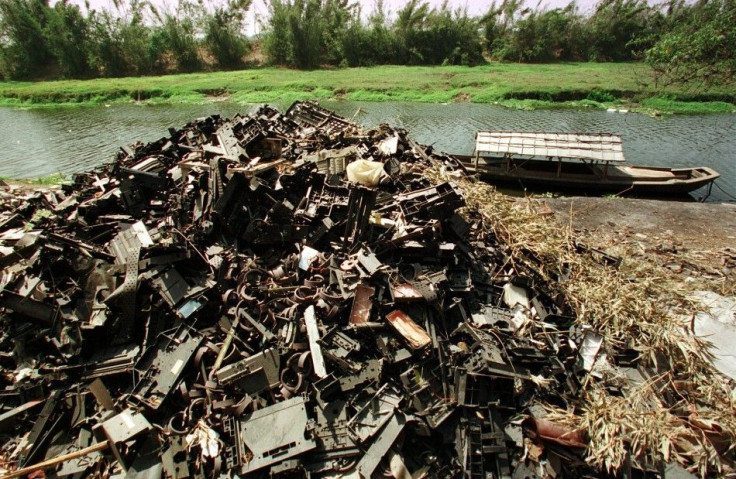Cadmium Spill in China Threatens Drinking Water for Millions

BEIJING (REUTERS) -- A cancer-causing cadmium discharge from a mining company has polluted a long stretch of two rivers in southern China, and officials warned some 3.7 million people of Liuzhou in the Guangxi region to avoid drinking water from the river, state media reported on Friday.
Pollution of waterways by toxic run-offs from factories and farms is a pressing issue in China, prompting authorities to call for policy tightening, though the problem shows no sign of going away.
Officials opened sluices at four upstream hydrological stations on the Longjiang River, a tributary to the Liujiang that runs through Liuzhou, hoping to dilute the pollutants after the toxic metal cadmium was first detected nearly two weeks ago in Hechi, Xinhua state news agency said.
Many fish died despite efforts by local fire officials to dissolve the cadmium by pouring hundreds of tonnes of neutralizers into the river, and authorities reported panic buying of bottled water by local residents.
Xinhua said officials blamed the Guangxi Jinhe Mining Co. for the January 15 spill, but it was not clear how long the company had been discharging the chemical into the river or how much had had been released.
As of Friday, elevated levels of cadmium were being detected in Liuzhou, more than 130 km downstream from the plant, according to the report.
Xinhua quoted Gan Jinglin, Liuzhou's environmental chief, as saying the water in Liuzhou met national standards and was safe for drinking.
But it added that local authorities had warned citizens not to drink water from the polluted sections of the river, and the government began looking for alternative water sources out of concern the pollution might spread further.
As of Friday, hundreds of residents near the source of the spill were still dependent on bottled water because wells there had also become contaminated, Xinhua said.
Despite Beijing's frequent pledges to reduce pollution, local officials often put economic growth, revenue and job creation ahead of environmental concerns.
© Copyright Thomson Reuters 2024. All rights reserved.






















